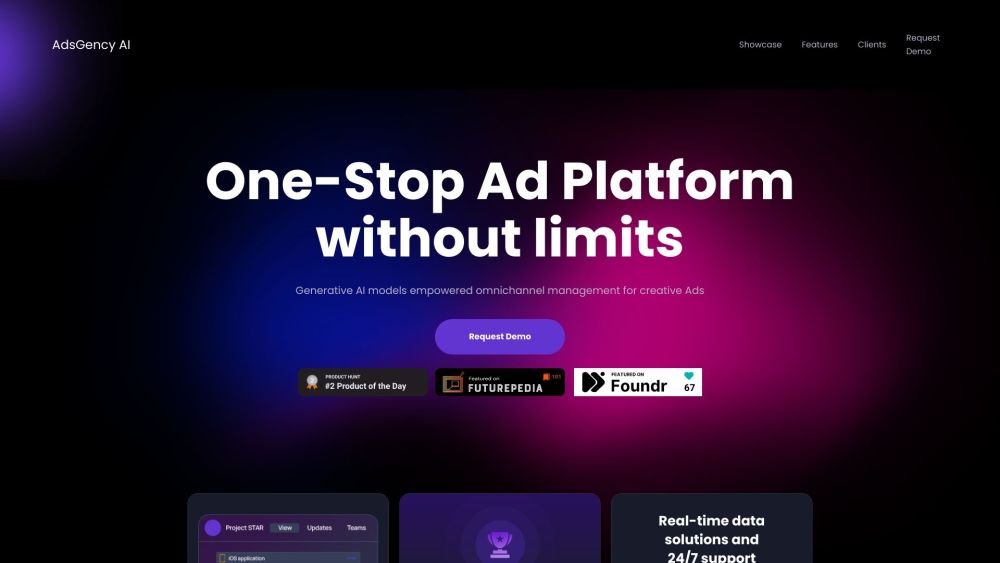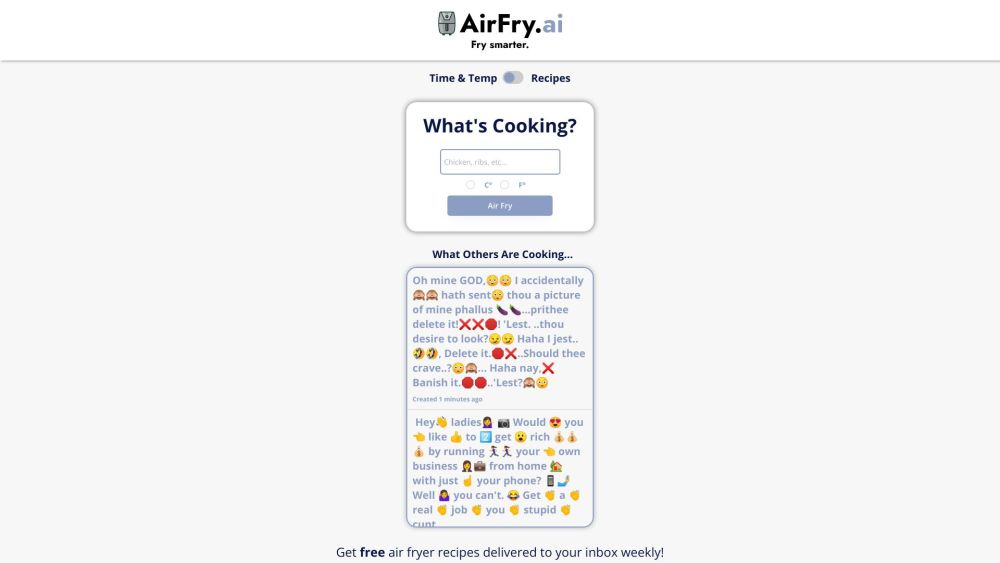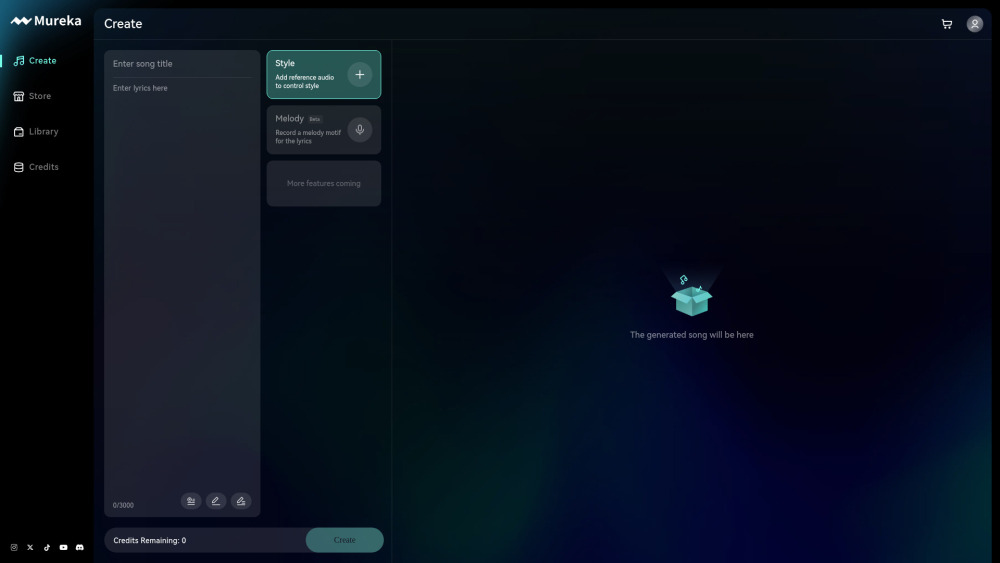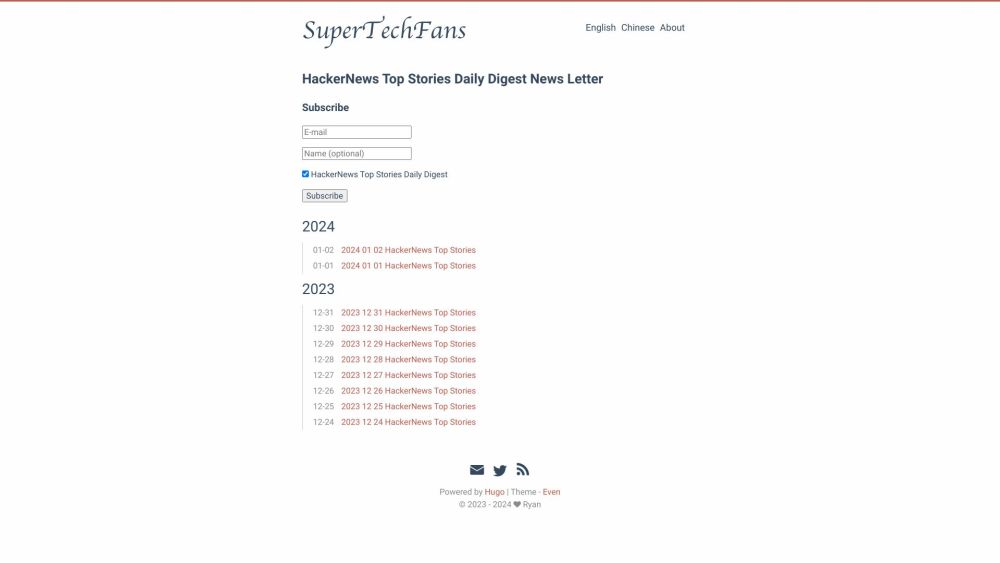Embracing AI in Automation: How Robovision is Revolutionizing Industries
As labor shortages challenge sectors like manufacturing and agriculture, the adoption of AI for automation has skyrocketed. Computer vision startups see a significant opportunity, introducing innovative solutions that enhance a variety of operations—from data collection to crop monitoring and harvesting. These advanced robots are now making their way into fields and factories.
Overcoming Implementation Challenges
A major hurdle in this transition is user-friendliness: if automation solutions are difficult to navigate, they simply won’t be utilized. Belgian startup Robovision has developed a solution to this problem by industrializing deep learning tools to make them accessible to non-tech businesses. Their "no-code" computer vision AI platform allows users to operate it without needing extensive knowledge of software development or data science. While Robovision doesn’t manufacture robots, they collaborate with robotics companies eager to create AI-driven machines.
With Robovision's platform, clients can seamlessly upload and label data, test models, and deploy them into production. The versatility of their technology enables applications such as recognizing fruit for supermarkets, pinpointing defects in newly manufactured electrical components, and even trimming rose stems.
Global Reach and Expansion Plans
Operating from Belgium, Robovision currently serves clients in 45 countries, as shared by CEO Thomas Van den Driessche in a recent interview. Following a substantial funding round, the company is now eyeing expansion into the U.S. market, leveraging the demand from industrial and agricultural customers in this vast landscape.
Their recent Series A funding of $42 million was co-led by Belgian agtech investor Astanor Ventures and Berlin-based Target Global. This investment marks a strategic pivot for Target Global amid previous controversies involving Russian investments. French VC Red River West, specializing in supporting European startups entering North America, also joined the funding round.
With a post-money valuation of $180 million, this latest round elevates Robovision's total equity funding to $65 million, allowing the founding team and staff to maintain over 50% ownership, as noted by Chief Growth Officer Florian Hendrickx.
Navigating Sector Diversity
Robovision faces a unique challenge in its growth: communicating effectively across multiple sectors can complicate messaging and marketing strategies. However, the company's diverse applications foster cross-pollination of ideas, exemplified by applying 3D deep learning techniques from tulip disease detection to identifying ailments in human lungs during the COVID-19 pandemic.
“It’s a double-edged sword,” founder Jonathan Berte remarked. “Robovision’s DNA lies in balancing diversity with focus.”
Originally founded as a consultancy in 2012, Robovision transitioned to a B2B platform model that heightened its appeal to venture capitalists. Today, agtech remains its core sector, accounting for 50% of activities—aligning well with co-lead investor Astanor’s focus on "impact agrifood."
The agtech market represents a substantial opportunity, especially in light of ongoing labor shortages. Through successful partnerships, such as helping ISO Group plant a billion tulips annually, Robovision has demonstrated its potential. However, other sectors are witnessing even faster growth, with robust demand emerging in life sciences and technology. For instance, Hitachi utilizes Robovision’s platform to optimize semiconductor wafer production. “I believe industrial manufacturing will outpace agriculture in terms of size and scale,” stated Bao-Y Van Cong from Target Global.
The recent acquisition of DarwinAI by Apple underscores increasing interest in this industrial space. For Jonathan Berte, this trend indicates that a comprehensive toolbox supporting varied industrial applications is essential. “Apple wouldn’t have acquired that company if it were solely a point solution.”
Building on Belgian Foundations
The convertible notes raised during 2022 and 2023 originated mainly from Dutch and Belgian investors, but securing larger capital amounts necessitated looking internationally. Raising this current round of investment would have been challenging within the Benelux region due to potential dilution concerns.
Robovision's Belgian roots have also been advantageous. “Our early team comprised highly skilled individuals from Ghent University,” Berte noted. Since Thomas Van den Driessche assumed the role of CEO in 2022, Berte has pivoted to focus on partnerships and global growth.
Robovision is continuously evolving its technology in response to market demands, launching Robovision Edge to optimize delivery speed and reduce latency in specific environments.
In a competitive global market, enhancing efficiency is critical. “The only way to achieve this is through innovation and increased productivity,” Van Cong emphasized.




